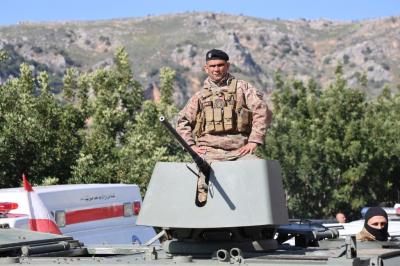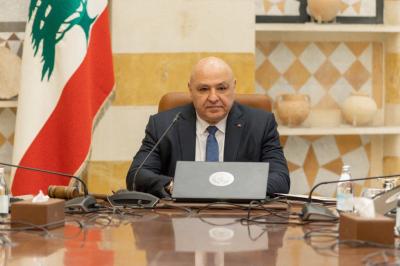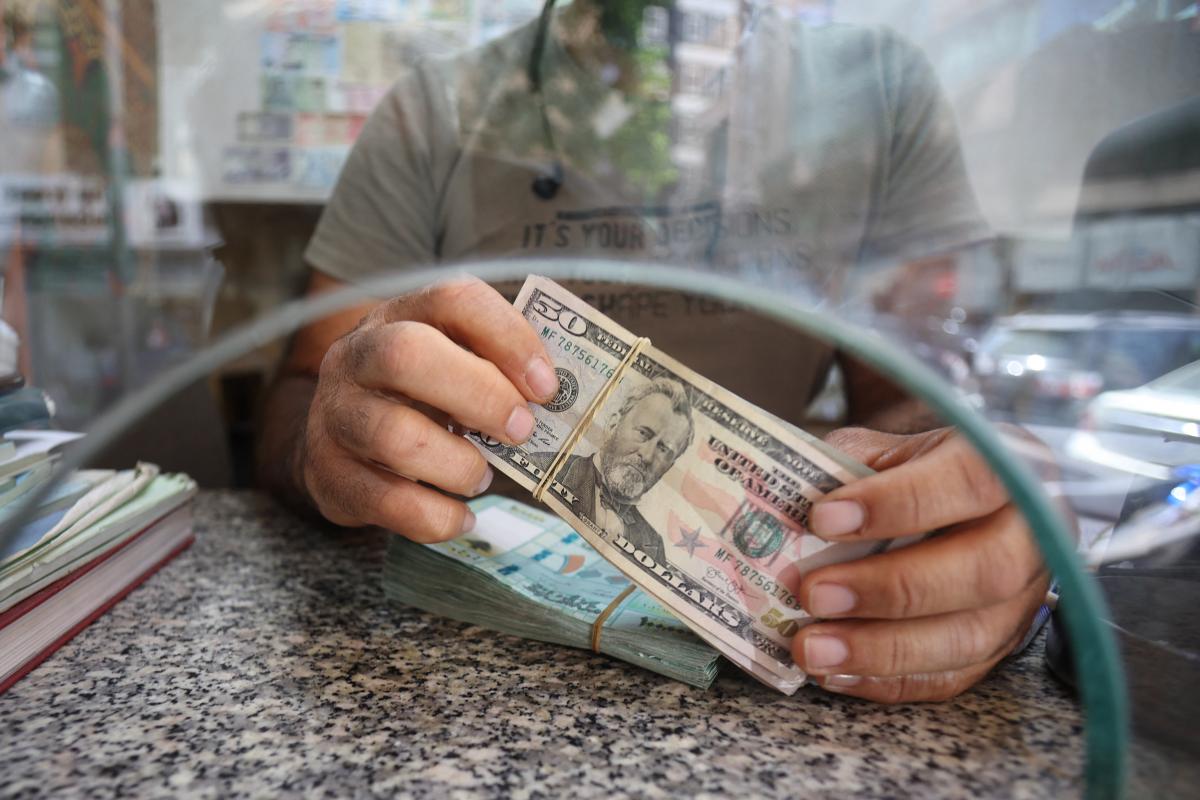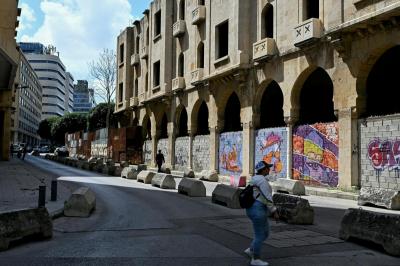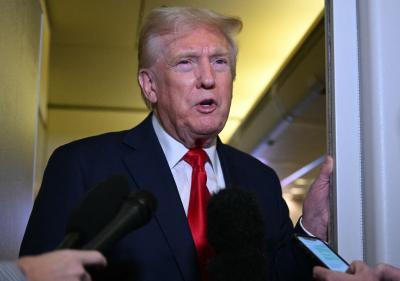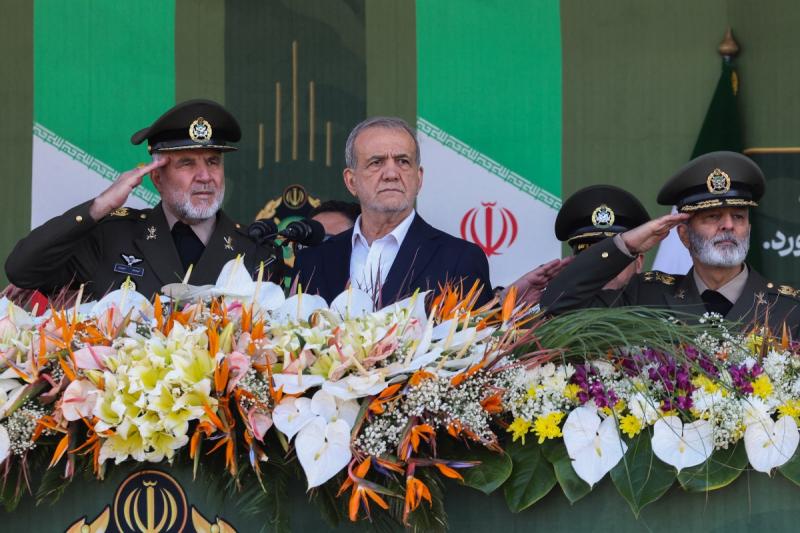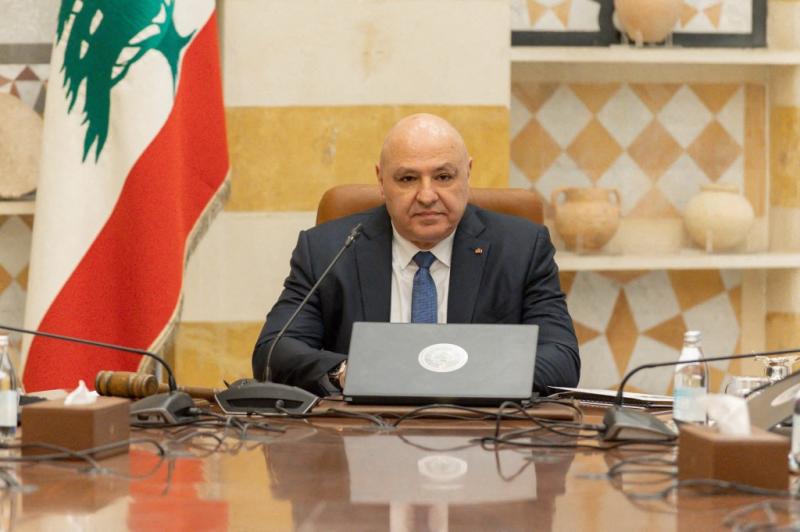Lebanese citizens welcomed the formation of a new government with cautious optimism, hopeful that ministers with proven expertise might finally steer the country out of its suffocating economic crisis. But isn’t this a familiar scene? With every new administration, haven't we placed our hopes in teams promising sweeping reforms? Yes—but this time, the government enjoys unprecedented international support.
Yet, past promises, early enthusiasm, and even the 2022 parliamentary elections failed to prevent stagnation. Nothing has truly changed. So, where is the hidden problem, and how can it be solved?
Playing devil’s advocate is not about feeding pessimism but refining the approach based on previous experiences in which the economic system undermined all attempts at reform, diluting skills in the acid of corruption. Add to this the depletion of resources and the absence of international aid.
Reforms on All Fronts
Finance Minister Yassine Jaber captured the magnitude of the challenge in his first statement, saying the government would address economic issues “horizontally, not vertically.” In other words, no single file can take precedence—everything must be tackled simultaneously. The list is daunting: distributing financial system losses, restructuring banks and public debt, negotiating with Eurobond holders, exiting the Financial Action Task Force’s (FATF) grey list, addressing the Syrian refugee crisis, resolving end-of-service compensation issues, and enforcing anti-corruption laws. On top of that, the government must revive economic growth, reduce unemployment, and establish regulatory bodies in key sectors like electricity, telecommunications, public transportation, and water management.
A Jammed Political Machine
Each of these issues has already been a battleground in the past, where necessary economic measures clashed with the vested interests of Lebanon’s ruling elites. Economic journalist Jad Ghosn doubts the new government will be any different. “The government’s formation didn’t involve solid political negotiations on key economic policies,” he explains.
Personalities like Economy Minister Amer Bsat, a former IMF official and ex-director of emerging markets at BlackRock (a major holder of Lebanese Eurobonds), align closely with Jaber on many solutions. But these same actors were part of the fiscal disagreements that derailed Lebanon's previous talks with the IMF. For example, a parliamentary subcommittee estimated financial system losses at 73 trillion Lebanese pounds, while the government, relying on the consultancy Lazard, pegged the figure at 241 trillion. The IMF rejected the lower figure, calling it unrealistic, which ultimately stalled negotiations.
The IMF: A Necessary Ally or a Burden?
Lebanon’s ability to strike a deal with the IMF will depend on the balance of power within the government and, more specifically, within the committee tasked with negotiations. Ghosn is clear: “Without an IMF deal, it’s hard to imagine economic recovery—unless one truly believes the country can avoid any external borrowing.”
However, some political factions argue for cutting ties with the IMF, claiming its demands would cripple the economy with heavier taxes, scare off investments, and destroy trust in the banking system—especially if deposits are written off, protecting only small account holders. This position sparks broader questions about whether Lebanon can implement financial reforms without IMF support.
Cautious Optimism Amid Familiar Patterns
Beyond the IMF agreement, another significant challenge looms: enforcing twelve anti-corruption laws passed between 2008 and 2023. According to legal expert Dr. Judit Al-Tini, these laws remain toothless due to the absence of implementing decrees. They cover critical areas such as financial transparency, money laundering, and recovering stolen funds. But Lebanon’s entrenched economic elite has blocked their enforcement, fearing the loss of privileges and legal immunity.
Given this complex and entangled reality, one of Parliament Speaker Nabih Berri’s favorite sayings seems particularly apt: “We can’t say the beans are in the sack until we see them there.” Will this new government finally bridge the gap between political promises and economic realities? For now, the country awaits, holding its breath.




